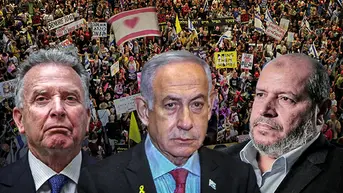T4K3.news
Mossad chief in Doha signals shift on hostage talks
Barnea's Doha visit reinforces Israel's push for a comprehensive ceasefire amid stalled hostage negotiations.
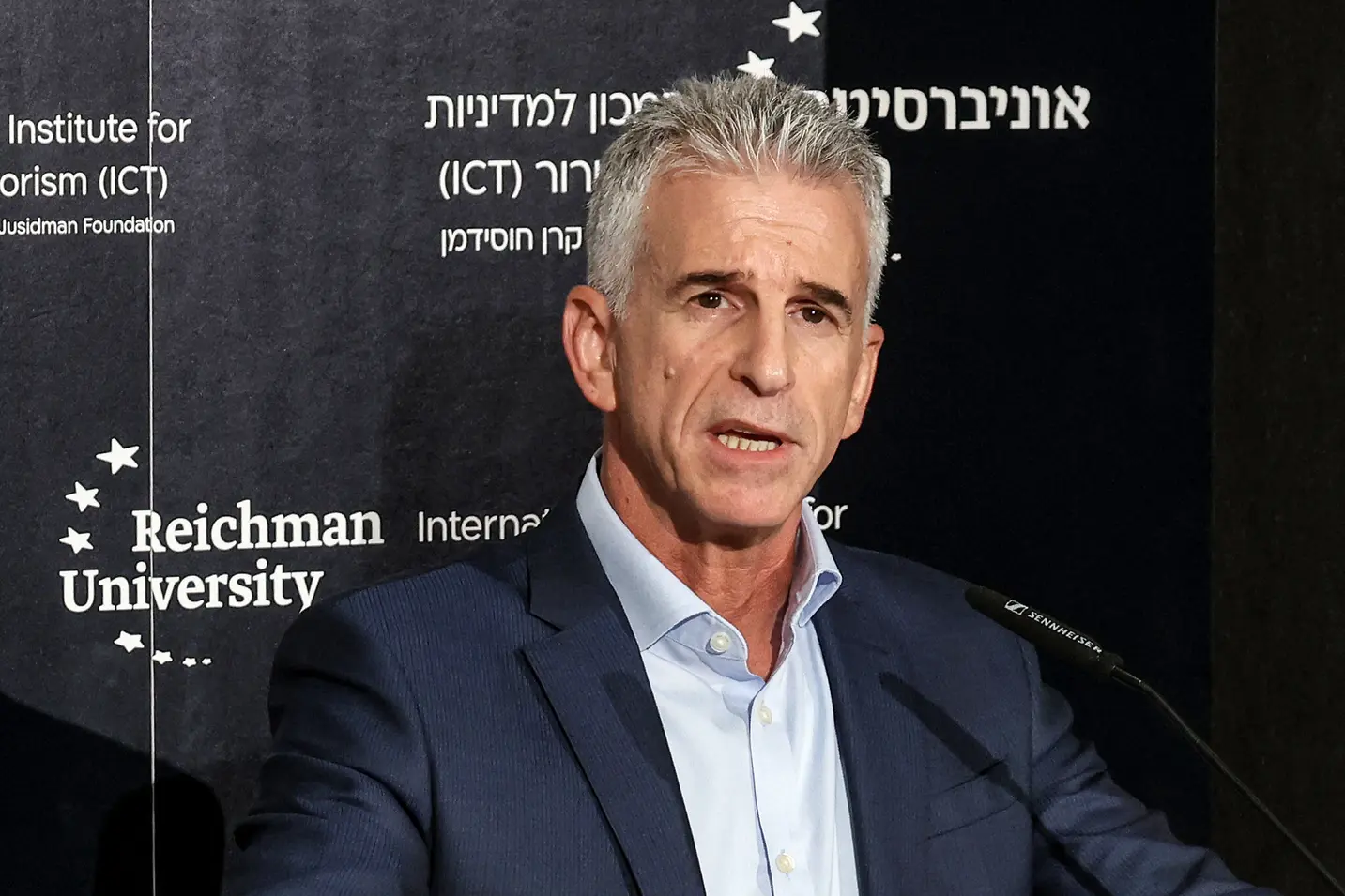
Barnea's Doha visit underscores a push for a comprehensive ceasefire while regional mediators seek to restart negotiations.
Mossad chief in Doha hardens Israel stance on hostage talks
Mossad Director David Barnea traveled to Doha for talks with Qatar's leadership, a visit that Israeli officials described as separate from hostage deal discussions. Still, several Israeli sources indicated the meeting conveyed a clear message that Israel will not back a partial agreement and that progress on freeing hostages is essential before any broader steps. Channeling that stance, Barnea reportedly told the Qatari leadership that Israel is not bluffing about its plans in Gaza if talks stall.
In parallel, mediators in Cairo and Ankara remain maneuvering to revive a ceasefire framework. Egypt has pushed a 60 day pause with room for hostages and detainee releases, and a path to humanitarian aid, while Hamas officials have signaled a willingness to negotiate if Israel withdraws and withdraws control of the Gaza Strip. The discussions come amid a consensus in Jerusalem that only a comprehensive package could end the war, a position that has complicated talks led by the Witkoff framework and cooled prospects for a swift renewal of temporary truces.
Key Takeaways
"We will not renew talks on a partial deal"
Israeli official signaling stance on hostage talks
"The only path is a comprehensive agreement"
Statement outlining end goal for negotiations
"Keep hostages alive in exchange for withdrawal"
Hamas position relayed in Cairo discussions
"Israel will push until Gaza is demilitarized"
Israeli leadership framing the final terms
The scene in Doha exposes a widening split between what regional mediators want and what Israel is prepared to accept. Qatar and Turkey have leveraged their ties to Hamas to press for a return to negotiations, while Egypt seeks a stopgap that could avert another Gaza flare up. Yet Israel’s insistence on a full demilitarization and the disarmament of Hamas makes a durable deal harder to reach and raises the risk of a longer war if talks collapse. For civilians in Gaza, the stakes are grim: aid flows remain uncertain, and any shift in military tempo could bring intensified fighting or another pause that only helps a few hostages while harming many more. The next moves will test whether regional diplomacy can outpace political realities inside Jerusalem and within Hamas.
Highlights
- We will not renew talks on a partial deal
- The only path is a comprehensive agreement
- Keep hostages alive in exchange for withdrawal
- Israel will push until Gaza is demilitarized
Political sensitivity and regional tensions risk
The article discusses hostage negotiations, regional mediation, and the potential for escalation. It could provoke political backlash in Israel and among Hamas supporters and draws attention to delicate regional dynamics.
Diplomacy will be tested as regional players balance leverage with humanitarian concerns
Enjoyed this? Let your friends know!
Related News
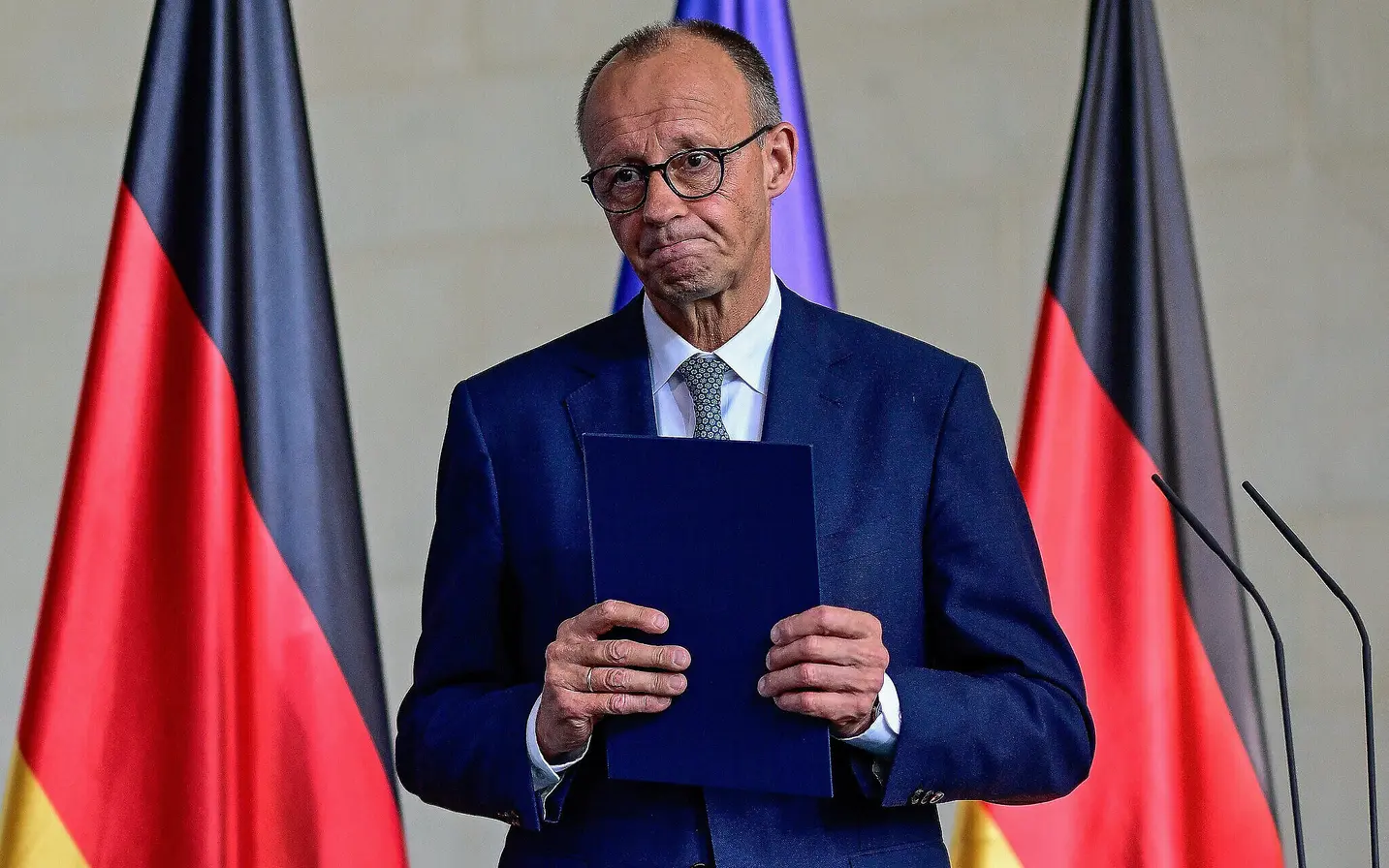
Germany suspends arms exports to Israel over Gaza plan
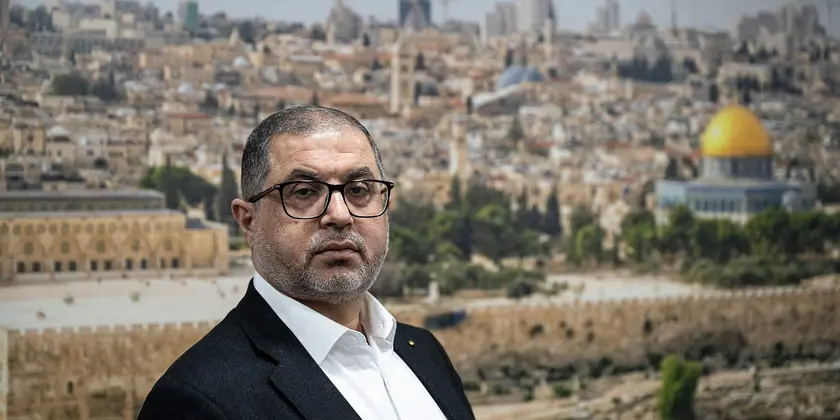
Hamas backs talks on end to Gaza war
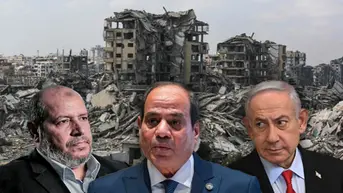
Gaza talks in Cairo advance new ceasefire plan
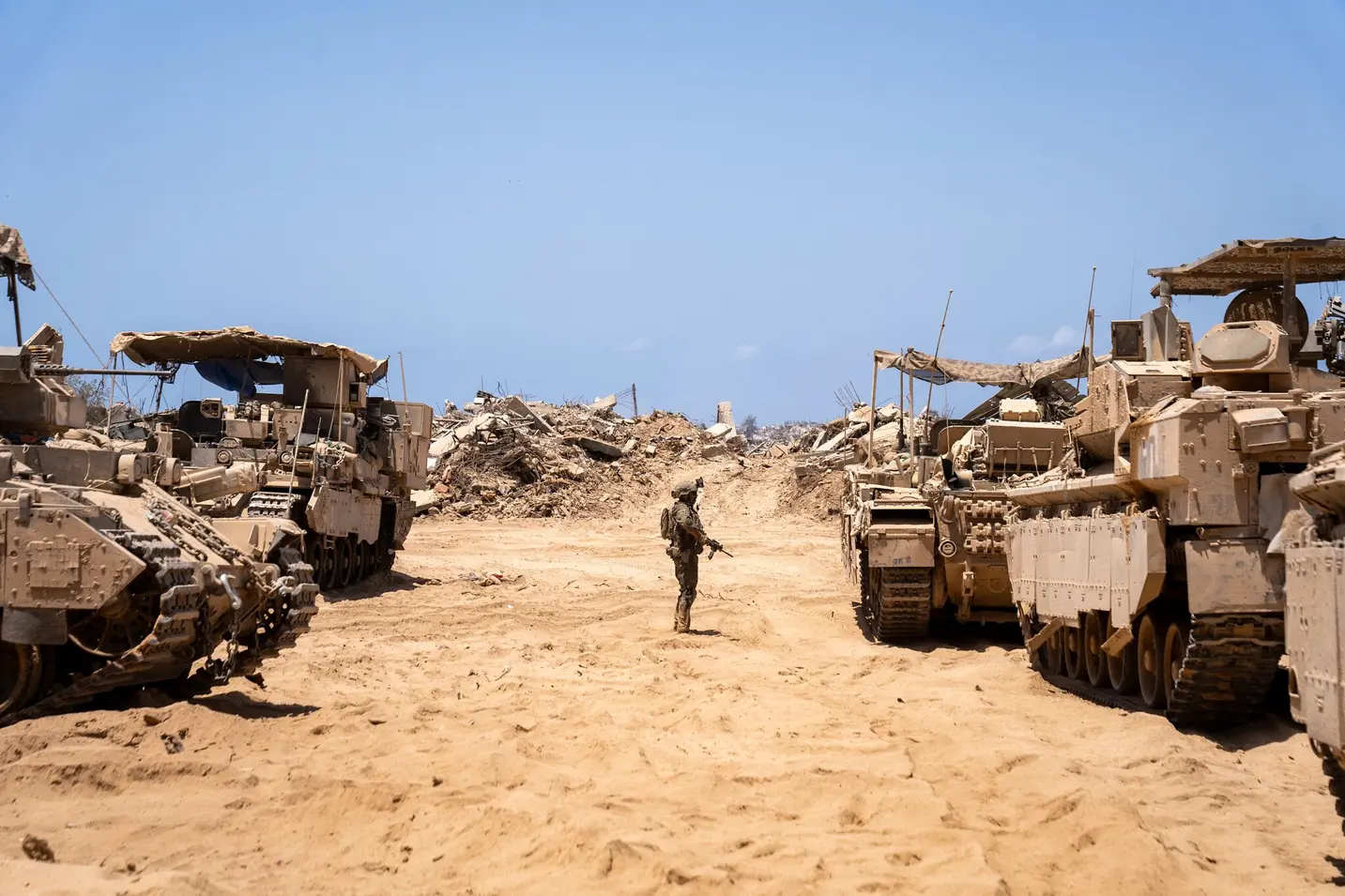
Netanyahu seeks full occupation of Gaza amid internal division
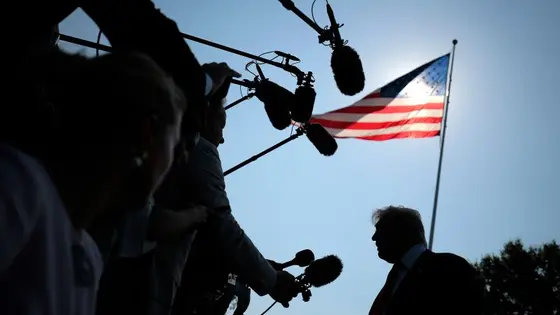
Trump advocates for increased military action against Hamas
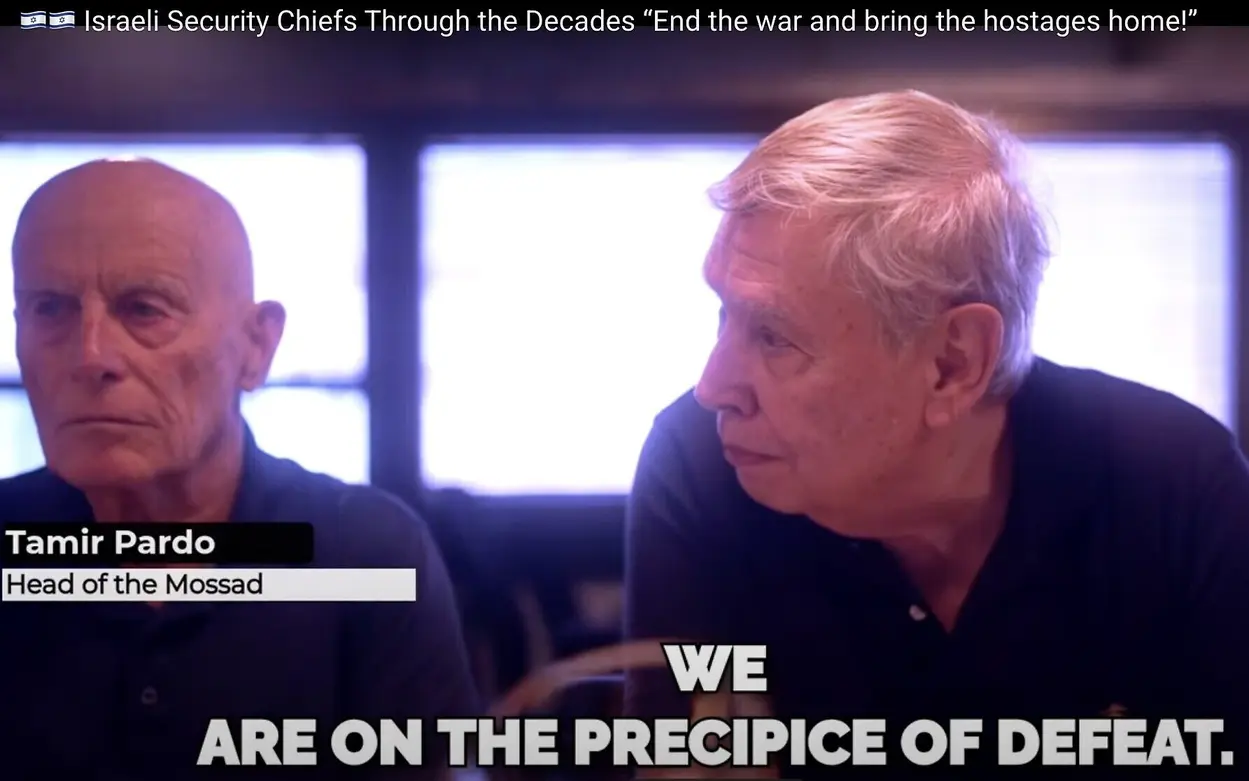
Former Israeli Defense Chiefs Demand End to Gaza War
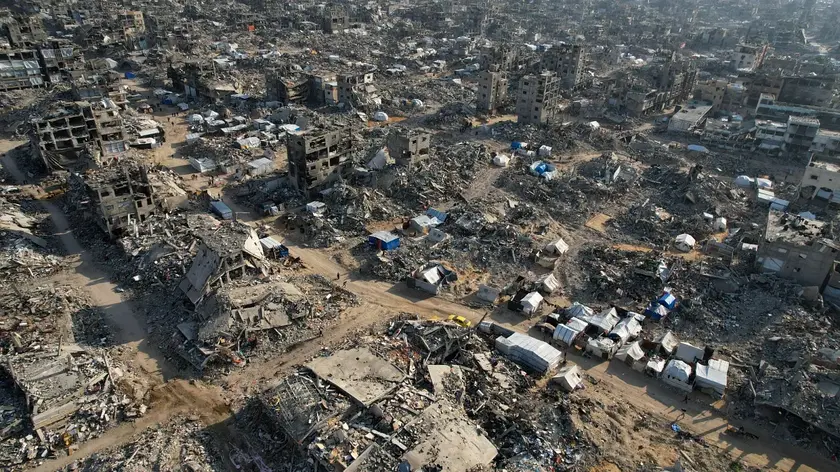
Netanyahu confirms full occupation of Gaza
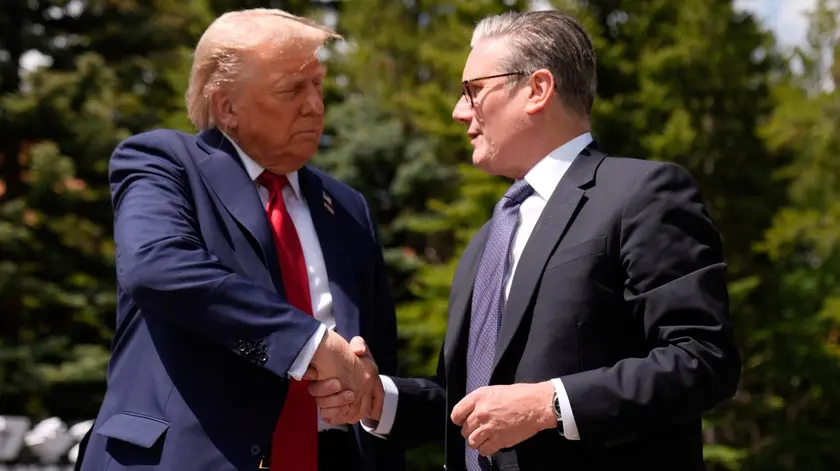
Starmer to Urge Trump on Gaza Ceasefire Negotiations
